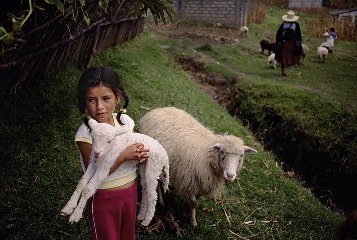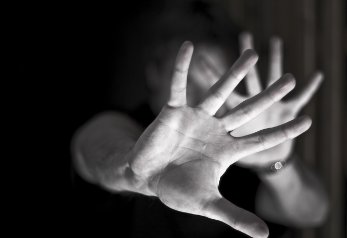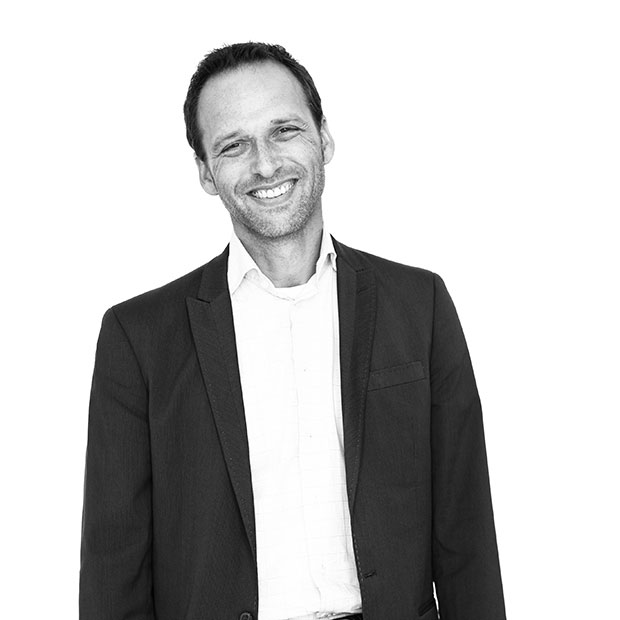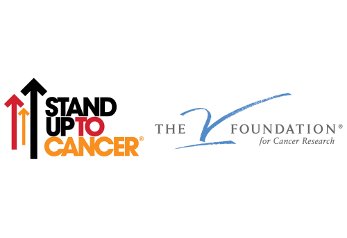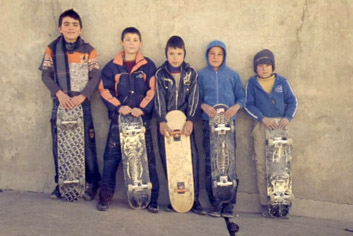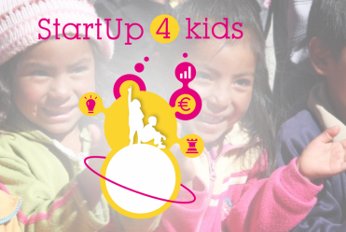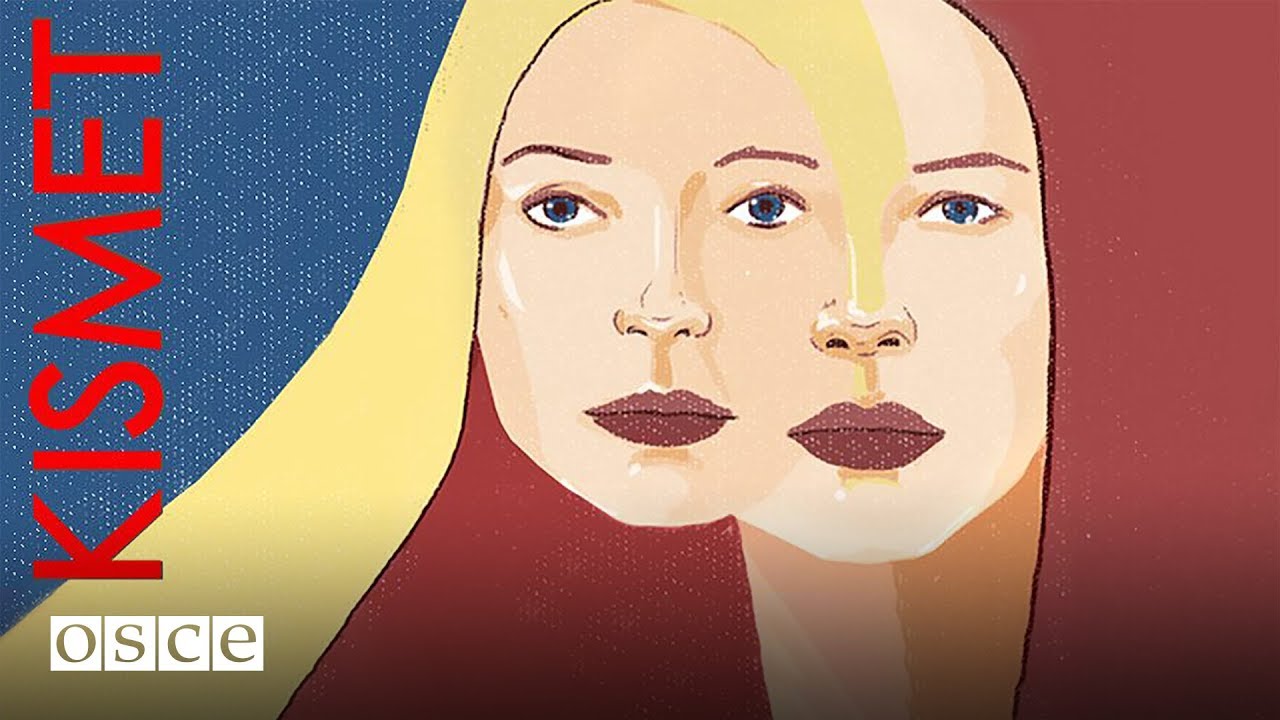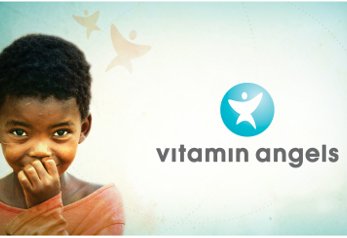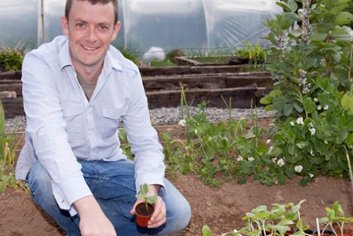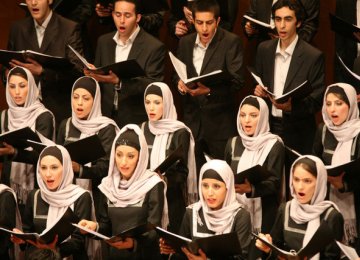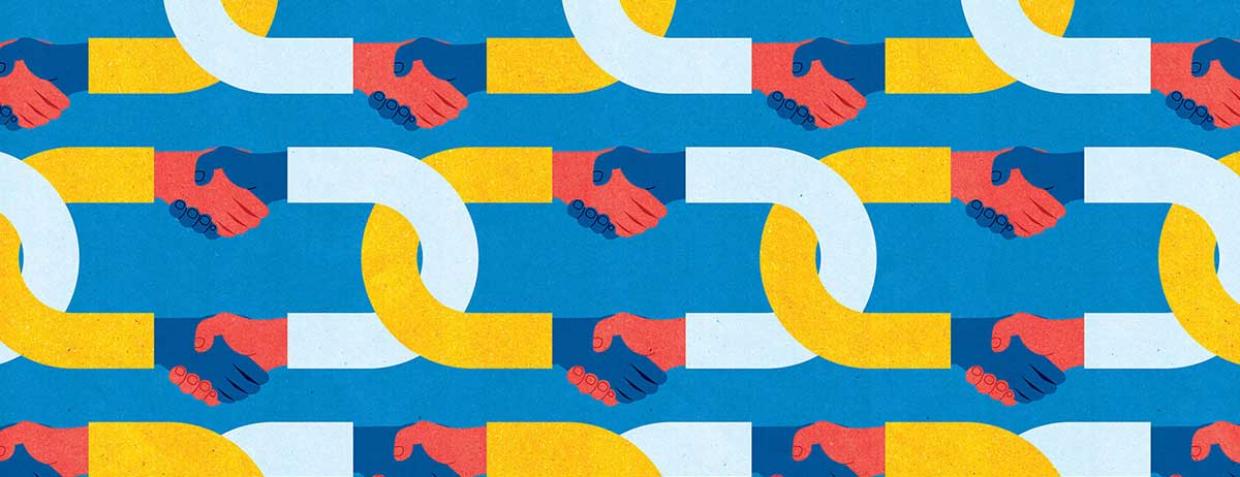
OLBIOS: How would you describe the collective experience of the crisis in the US and what has struck you the most about it?
O: On a social level, has this crisis been an eye-opener and an opportunity for important insights and significant changes and lessons to be learned in many domains?
O: Tell us about your work and if you think it has or is likely to become more complex or even more relevant after the crisis.
O: On a personal level, has this crisis changed your focus on what really matters and on future plans and courses of action?
DB: The personal is political, just as it is social, economic, and ecological.We really are all in it together. This crisis has only intensified my beliefs and makes the path forward absolutely clear to me. We need to:
- increase global cooperation and decrease nationalisms;
- reverse racism, sexism, homophobia, religious bigotry, xenophobia, and other forms of divisive discrimination based on status or identity (what Rabbi Abraham Joshua Heschel described as “maximum hate for minimum reason”);
- stop deforestation and increase reforestation, maintain biodiversity, and remediate our polluted air, water, and soil;
- rapidly transition to safe, renewable energies (i.e., solar, wind, wave, tidal, hydrogen, algae, geothermal, etc.) and away from dirty, dangerous fossil fuels (i.e., oil, coal, natural gas);
- shift to plant-based diets (i.e., vegetables, fruits, beans, grains, nuts, and seeds) and away from cruel, cholesterol-laden, animal-based diets;
- institute a global minimum and maximum wage with steeply progressive taxation on income, wealth, destructive activities, and luxuries;
- expand democracy —giving those affected by policies meaningful input into them — to as many spheres of society as possible;
- radically reduce military spending, while increasing national and international security by eliminating poverty, deprivation, and desperation;
- facilitate education, making it universal and freely available from preschool through graduate school, and promote scientific literacy, problem solving, conflict resolution, kindness and compassion, cooperation and public service, critical analysis, and other vital skills; and
- ensure that all human beings have their human rights, including those enshrined in the Universal Declaration of Human Rights, especially Article 25: “Everyone has the right to a standard of living adequate for the health and well-being of [themselves] and of [their] family, including food, clothing, housing and medical care and necessary social services, and the right to security in the event of unemployment, sickness, disability, widowhood, old age or other lack of livelihood in circumstances beyond [their] control.”
O:Thank you for everything and have a nice day.
DB: Thank you for this opportunity and best of luck —and skill —to us all!
Dan Brook teaches sociology at San Jose State University, a multicultural, working-class, public school in the heart of Silicon Valley.

